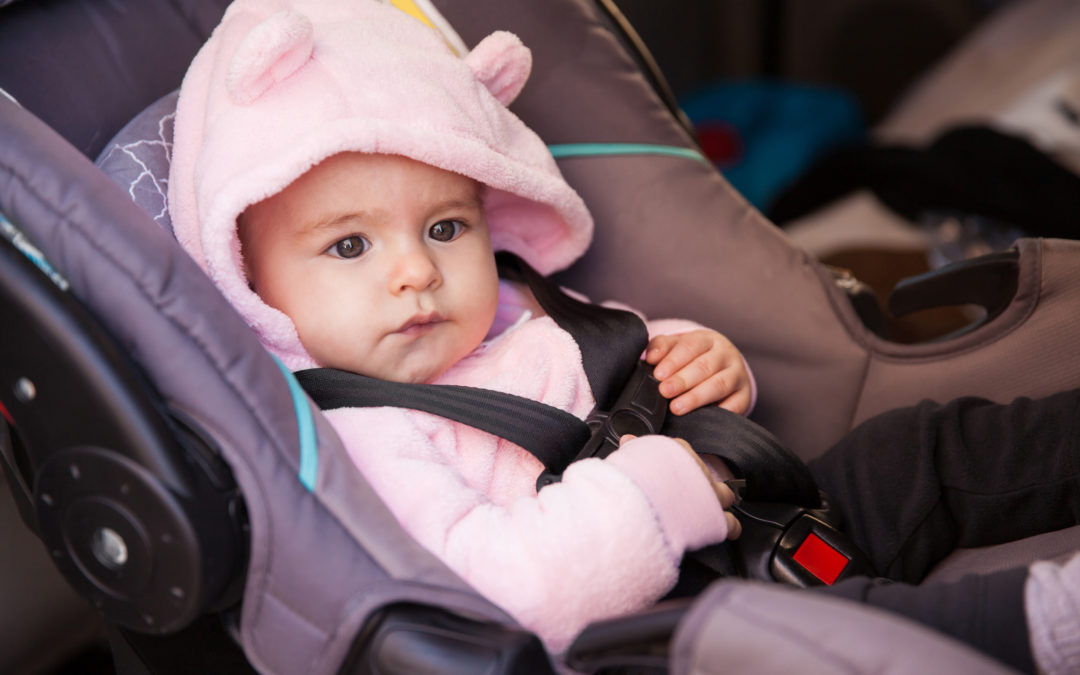According to the CDC, car accidents are the number one cause of death and injury in children. AAA reports that when compared with seat belt use, using safety restraints specifically designed for children, like car seats, can reduce the risk of injury by up to 82 percent. The older a child is at the time of an accident, the less difference a child safety seat makes, but the difference is still significant up to certain heights and weights.
To ensure your child is safe, safecar.gov recommends the following four steps:
1. Find the right car seat based on age, weight, and height. There are four main types of safety restraint systems for kids: an infant car seat, a forward facing car seat, a booster seat, and a seat belt.
2. Make sure it is correctly installed. Sometimes this can be tricky, so make sure to read the instructions carefully.
3. Register your car seat online. 4. Receive recall notifications (if any exist) and take the necessary steps to keep your child safe.
But, what happens when you’re in an accident? Hopefully, if you’ve followed the above steps, your child is safe. But does a car seat need to be replaced after an accident?
If you’ve been in an accident, it’s time to inspect your car seat, do some research, and make an informed decision.
Do Car Seats Really Need to be Replaced Following an Accident?
One of the basic rules of car accident and child safety has always been that after an accident, always replace your car seat. But as car safety and car seat safety has improved, this rule has become fuzzier.
The NHTSA says that in some instances, yes, it should be replaced, while in others, it’s not necessary. They recommend that child safety seats and boosters are replaced after a severe r moderate crash, but after a minor crash, it’s not always necessary.
So, what defines a minor crash?
● The car was able to be driven away from the site of the accident,
● The door nearest to the child safety seat was not damaged in the accident,
● The vehicle occupants suffered no accidents,
● The airbags did not deploy in the accident, and
● There is no visible damage to the child safety seat.
If the accident did not meet all of these requirements, it was probably severe enough that the child safety seat needs to be replaced. However, always make sure to look at the safety seat for obvious signs of wear or damage! Your child’s safety is not worth the risk.

